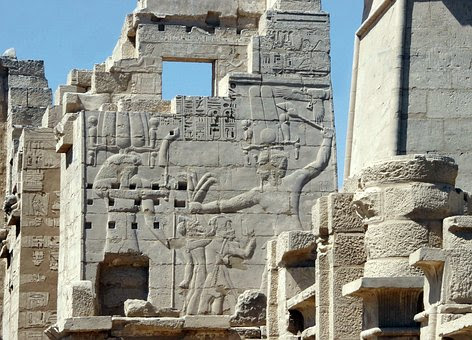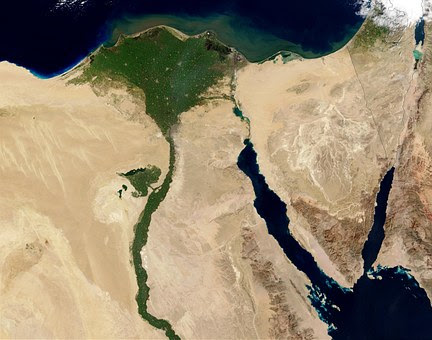Political spin is not new. One of the earliest examples comes from the Bronze Age battle of Qadesh.
Qadesh was an ancient city-state on the Orontes River near Homs in modern Syria. In 1300 B.C. Qadesh was at the crossroads of three empires. The Mitanni Empire covered most of the modern Kurdish areas of Turkey and Iraq. The Hittites controlled the rest of modern Turkey. The Egyptians controlled modern Lebanon and Israel including the ancient Hebrew kingdom.
In 1300 B.C., Hittite king Muwatallish had just defeated the Mitanni and wanted to secure his southern border against Egyptian expansion. Pharaoh Rameses II (Rameses the Great) was in his early 20’s and itching to prove he was a greater military leader than his father. Both kings marched toward their mutual border dreaming of military glory.
In a sort of comic opera, they met accidentally at Qadesh. Muwatallish arrived first and set up camp while he searched for the Egyptians. Rameses arrived at Qadesh with his army strung out miles apart. He had divided his army into four corps so that they would have sufficient forage and water for their animals.
As Rameses approached Qadesh a couple of local guys said the Hittites were still far away, rather than just across the river. Rameses realized the local guys had lied to him when his guards caught a couple of Hittite soldiers hiding by the river watching them set up camp. Under torture, the Hittite soldiers admitted that their army was across the river on the opposite side of Qadesh.
Rameses immediately sent word to the closest of his supporting corps to pick up the pace. As the corps approached Qadesh it was hit in the flank by the Hittites. In a Bronze Age version of a panzer attack, the Hittite charioteers drove into the Egyptian infantry. Egyptian soldiers who weren’t trampled or speared ran in all directions. The Hittites regrouped to attack Rameses’ camp.
The Hittites were on the verge of winning when they were distracted by shiny baubles. The Egyptian army traveled with a lot of bling, including a gold throne for Rameses. The Hittites were so busy looting the camp they allowed Rameses to escape and organize a counterattack.
Ramses led the counterattack, routing the Hittites who were worn out from all their fighting and looting. As the battle swung in favor of the Egyptians, Muwatallish ordered a diversionary attack to allow his disintegrating army to escape back across the Orontes River. Another Egyptian corps arrived on the battlefield to defend the diversionary attack.
At that point, everyone was exhausted so Muwatallish and Rameses decided to give peace a chance. They met long enough to agree on the border for their respective empires. Egypt was given control of Qadesh.
Then Muwatallish and Rameses packed their kit bags and left. Back home they each created an official account of the battle. Naturally, each man claimed a great victory due to his brilliant military leadership.
The battle of Qadesh is discussed in many military anthologies although it offers little of military significance. Qadesh is significant because it’s the earliest battle for which we have an account written by each side. That allows us to compare versions of the “truth” and spot the political spin.
My source for the battle is the Osprey Military Campaign Series, Qadesh, 1300 BC: Clash of the Warrior Kings, by Mark Healy (1993).
Want to receive this blog straight to your inbox? Sign up for my mailing list.





